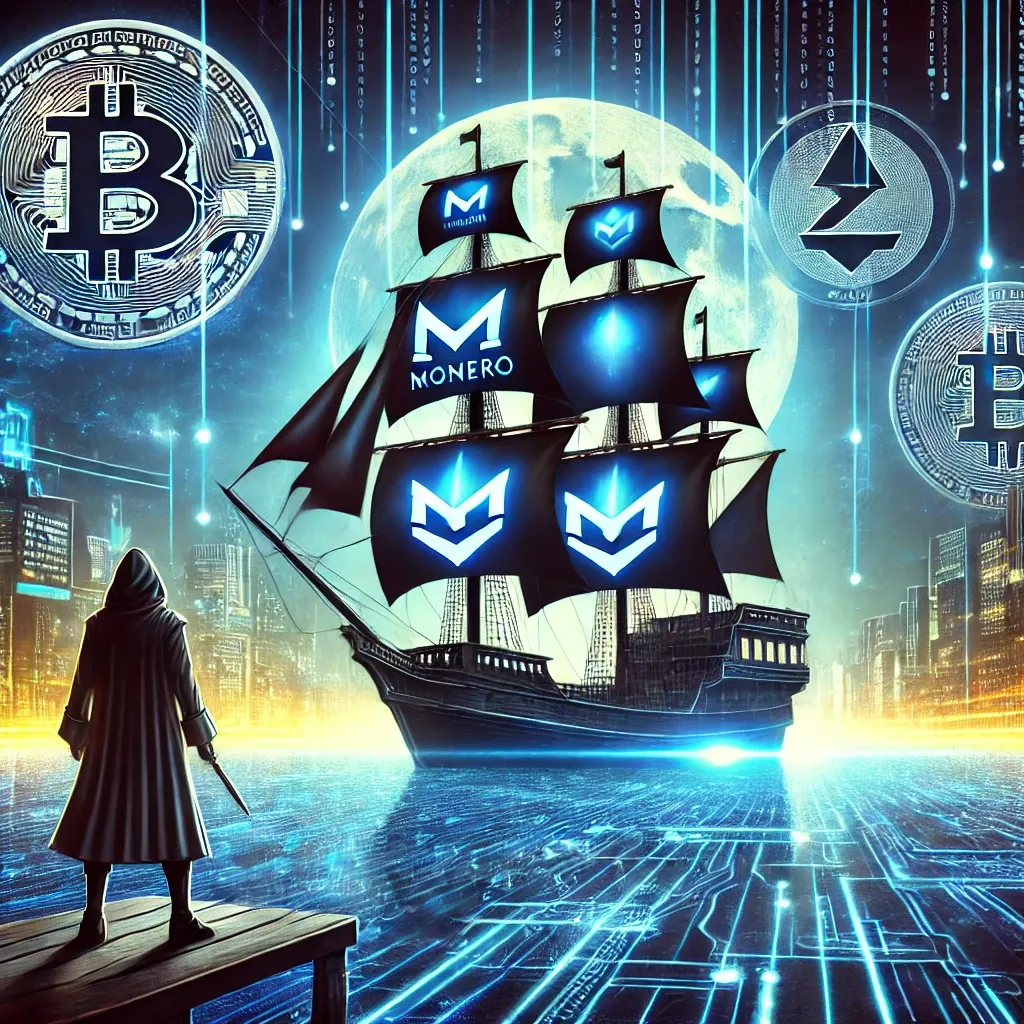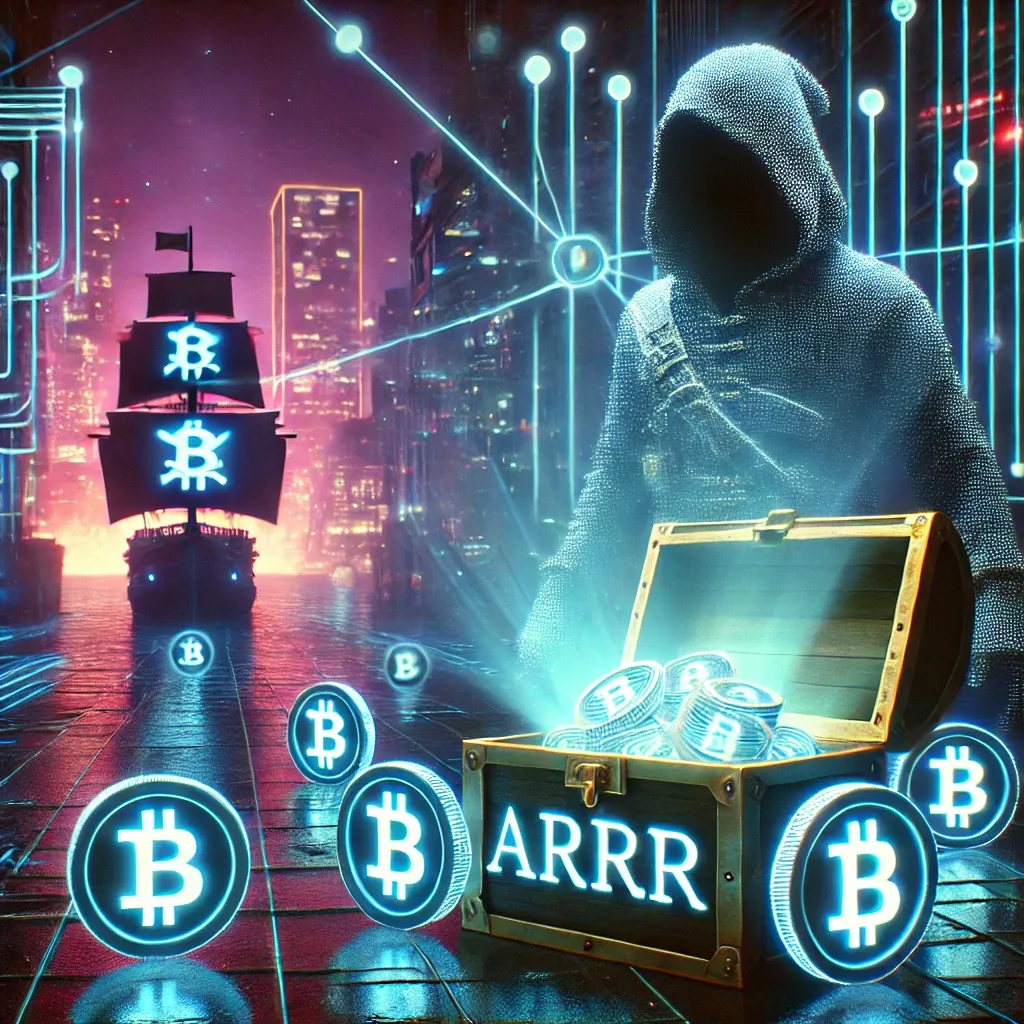
There aren’t many cryptocurrencies I follow closely—actually, I can count them on one hand. The reason is simple: everything might seem revolutionary, but time for research is limited.
Over the years, I’ve realized that I tend to support the most challenging projects. With some, like Steem/Hive, it took me over a year to decide they were worth my time and energy—two resources that, once spent, never return.
At some point, I understood that the current market doesn’t necessarily reflect the utility or success of the projects it lists. In reality, much of a project's visibility is tied to the liquidity provided by centralized exchanges.
This is the real indicator of whether a cryptocurrency has potential or is just another passing trend, aside from the technological aspect.
Most people enter the crypto world through Bitcoin, though often under misleading assumptions. The hard fork with BCH raised doubts about the roadmap of the original blockchain.

The fundamental issue with Bitcoin—whether BTC or BCH—is the lack of fungibility, which is essential for an untouchable digital currency. Many BTC/BCH users have had transactions flagged, making them potential security risks. This leads to a critical realization: not all on-chain coins are created equal.
This realization led me to Monero. Unlike Bitcoin, Monero is based on an entirely different codebase called "Cryptonote," which employs cryptographic techniques to obscure the source and quantity of transactions.
XMR remains the top choice for anyone who wants to trade value online without intermediaries or exposing their financial behavior to the world.
However, no single protocol is perfect, especially in the sensitive field of online privacy. That’s where Zcash comes in.
Zcash is a modified Bitcoin fork that uses ZK-Snark, a cryptographic proof method allowing users to verify transactions without revealing details. In crypto, this means encrypting sender, receiver, and transaction amounts.
When using a z-z transaction on Zcash, nothing is visible on the blockchain, making fund movement impossible to trace.
However, in Zcash, this feature is optional, and most users don’t utilize z-z transactions.
In August 2018, the Komodo community launched an experiment: making z-z transactions mandatory. This led to the creation of Pirate Chain.
The main challenge with Pirate Chain is liquidity on centralized exchanges due to its full anonymity. But I prefer to focus on technology, community, and long-term potential—even if it means going against the mainstream.
Where there are issues, solutions must be created. Atomic Swaps and Decentralized Exchanges represent the future. If vulnerabilities exist in this market, it’s best to address them now.
What is Tipzz?
The name combines "Tip" (donation) with "zz" (z-address to z-address). To participate, download a wallet from the official site, share your address, and occasionally take part in Unto&Bisunto to receive #Tipzz.
How does it work?
During Unto&Bisunto contests, simply provide your z-address at the end of your weekly posts using the #tipzz tag. IMPORTANT: Do not misuse this tag without providing a z-address, as I review submissions manually.
Who knows? Maybe once people receive funds, they will start tipping small amounts of ARRR just for the joy of making fully shielded transactions. That would truly be something